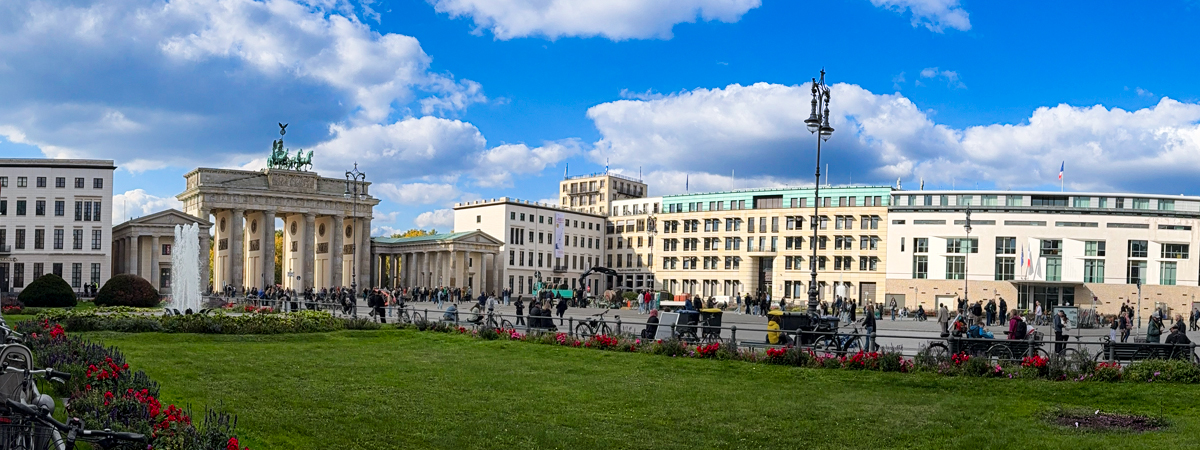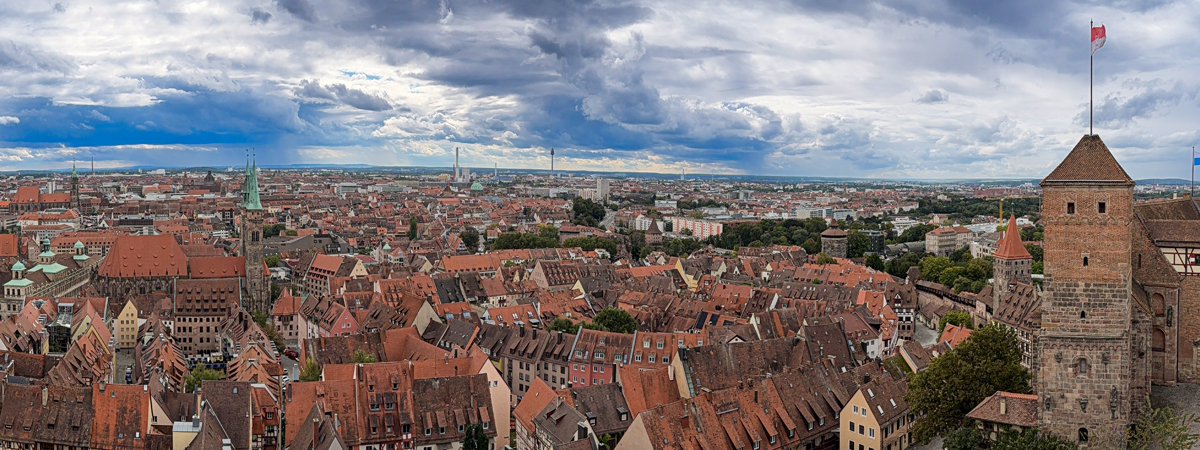Germany has taken a decisive step toward securing its long-term energy future. The federal government’s new strategy to build hydrogen-ready gas power plants isn’t just a technical update it’s a structural shift designed to stabilize the grid. It accelerates the transition to renewables, and strengthen the country’s industrial backbone.
These plants won’t operate on hydrogen from day one, but their design makes them adaptable. In the short term, they ensure reliability during periods when solar and wind can’t meet demand. In the long term, they prepare Germany for a cleaner, more flexible energy system. With around 8 gigawatts of new capacity planned, tenders beginning in 2026, and the first plants scheduled to come online in 2031, this strategy signals confidence, continuity, and a clear commitment to energy transformation.
For skilled professionals this isn’t just policy news, it’s a career wave starting to form.
The build-out will require engineers, project managers, automation specialists, hydrogen experts, and infrastructure professionals. But the real story is longevity. These aren’t short-term construction gigs ending after two years. Modern power plants need decades of operational oversight, maintenance, upgrades, digitalization, and safety management. Companies will also be investing heavily in R&D as they refine hydrogen technology, energy storage, and grid integration. Anyone working at the intersection of energy systems and decarbonization will find Germany actively expanding, not shrinking.
Many of these new projects will be located outside major cities, often in industrial regions or rural hubs that are central to Germany’s grid. Professionals open to relocating beyond Berlin, Hamburg, or Munich will see significantly more opportunities. These regions also tend to offer lower living costs, strong regional support programs, and tighter integration with local industry.
Language will play a key role. International energy companies and research centers often work in English, especially on specialist or technical teams. German still remains essential for on-site operations, compliance, safety briefings, contractor coordination, and long-term career growth. For anyone planning to build a future in Germany (not just pass through) learning the language is a major advantage.
Germany’s new power plant strategy is ultimately a vote of confidence in the country’s technological future. It creates space for innovation, provides stability for industry, and opens meaningful pathways for skilled professionals who want to help shape the next era of Europe’s energy landscape. Those ready to combine expertise, adaptability, and language skills will find Germany not just welcoming, but full of opportunity.



